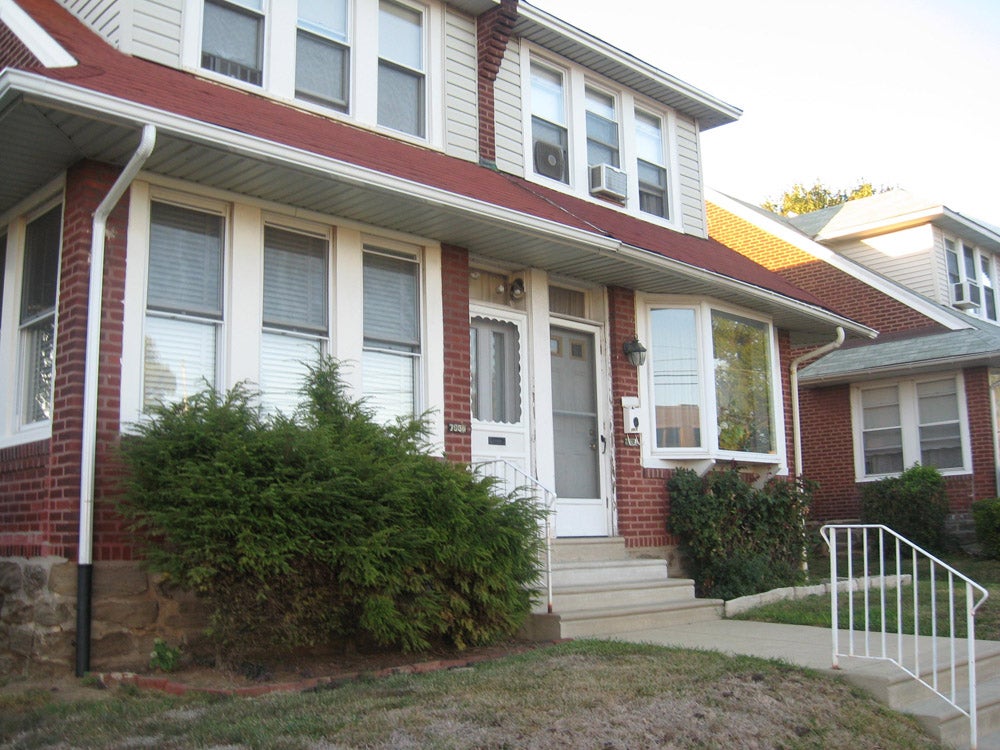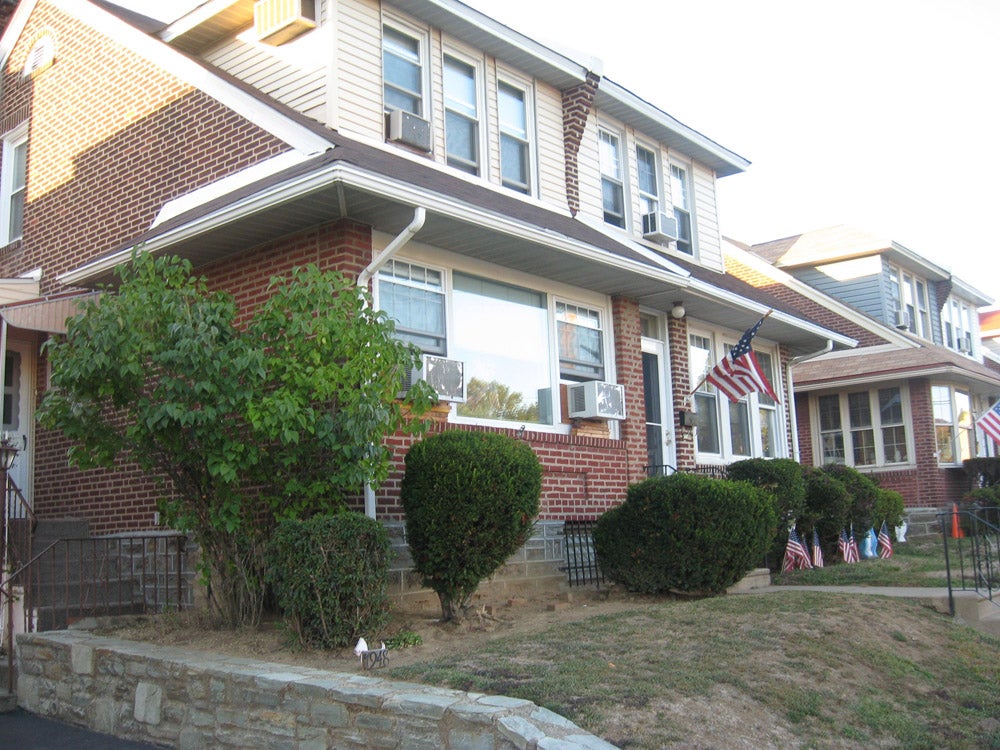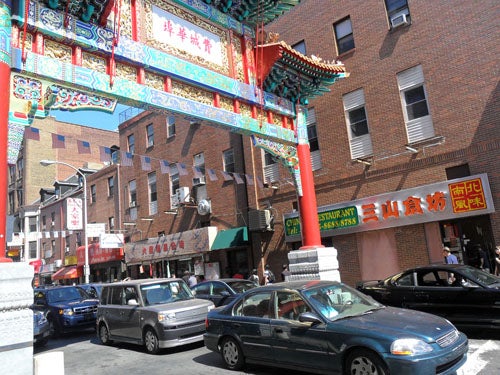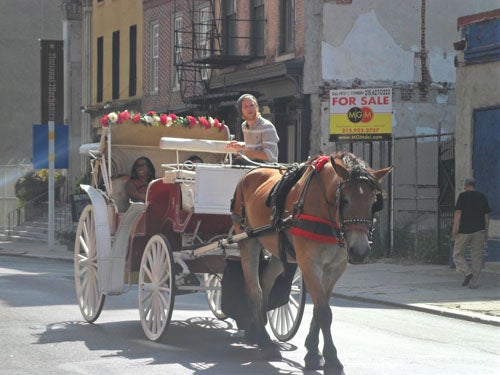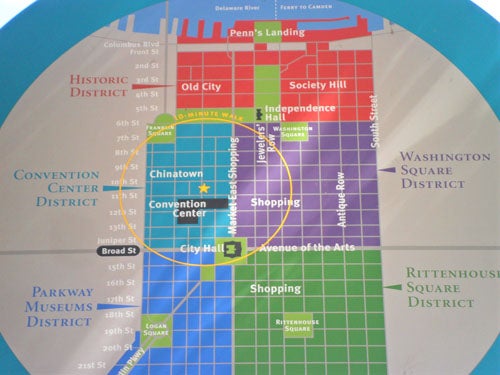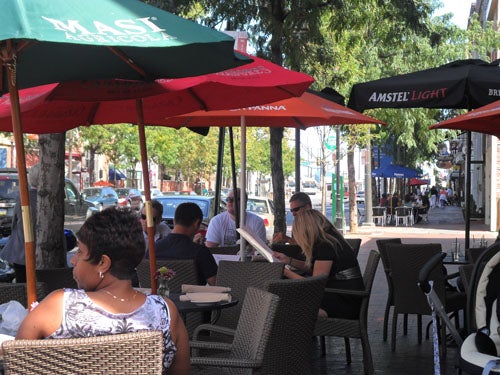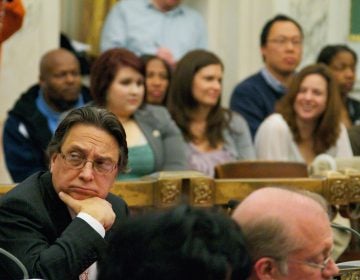Stakeholders discuss zoning code reform on eve of engagement meetings
This article was co-written by Andy Sharpe and is a project completed in partnership with Temple University’s journalism capstone class Philadelphia Neighborhoods. Students Savage-El and Sharpe will cover zoning code reform, focusing on its impact on neighborhoods through December.
Philadelphia citizens are active in the ongoing zoning code reform. The previous code has not been updated in over 50 years and residents are ready to see a rewritten code implemented through the zoning remapping of the entire city. As the Zoning Code Commission gets set to update City Council about its 400-page code rewrite Wednesday, public and community meetings are being held in various areas of the city to encourage input from the people who live here.
“I’ve lived in Philadelphia all my life and my home is very old. The current code suggests that my house does not comply with the regulations within the zoning code, but the code is so outdated that my house predates those requirements listed,” said Sheryl Lou, a 28-year resident South Philadelphia. “Updating the code will make life for homeowners like myself much easier, especially regarding home improvement and renovations.”
Residents have expressed various concerns with the latest draft of the new code. Stakeholder groups throughout Philadelphia have also been involved in making sure the new revisions are relevant and applicable to all areas of the city.
Rachel Vasser, the Philadelphia Outreach Coordinator of Penn Future, expressed her organization’s involvement in helping to move the draft forward. “We’ve been keeping track of the process as it has taken place. We’ve looked at the draft recommendations that the Zoning Code Commission has put out and we’ve offered our comments and suggestions for improvement,” Vasser said.
As well as responding to criticism and suggestions from stakeholder groups, the Zoning Code Commission is trying to find the right balance between citizen and developer needs, said Eva Gladstein, Executive Director of the Zoning Code Commission.
“The fine art is trying to balance the needs between a neighborhood resident living in a particular area, wanting some kind of certainty of what can be built and where in their neighborhood,” she said, “versus those of an investor wanting to make sure they understand what can be built in a neighborhood and having the ability to do that efficiently.”
Passyunk resident, David Pultman, is a citizen active in the zoning code process. “I think these changes are much needed and will be beneficial to the city once it’s completed. I’ve attended three of the meetings so far, and I’m thankful for the opportunity to voice my own thoughts and concerns. I’m anxious to see the outcome and see if the Commission really applies our feedback.”
Zoning in on home ownership
In Fox Chase, zoning debate is casting a dark cloud over renters. The Fox Chase Homeowners Association (FCHA) has promised to fight any zoning reform that allows the conversion of single-family dwellings into duplexes, fearing an increase in renters and a threat to the character of the neighborhood.
Some owners of single-family houses recognize a novel way to bring in extra income by subdividing their properties, creating duplexes, and then charging rent to whoever moves into the second part of their house.
There is “already a tremendous amount of rental properties [which] decreases the value of homes,” said Matt Braden, the president of FCHA.
A former president of the association, Craig Turner, said that duplex reform could hurt the quality of life in the neighborhood. Renters “increase the transient and non-owner occupant makeup of the neighborhood,” Turner said. “They don’t care as much about the quality of the neighborhood, police, and schools.”
Both Turner and Braden are content with 10th District Councilman Brian O’Neill’s efforts to combat the increase in renters. “O’Neill’s office is in agreement with our position,” said Braden. Turner echoed support of Councilman O’Neill’s stance on single-occupant zoning. While Turner admitted he did not support O’Neill all the time, he said the councilman’s views are in-line with the average Fox Chase homeowner. And as Zoning Code Commissioner, Councilman O’Neill — one of three councilpersons selected to the Zoning Code Commission by Council President Anna Verna — sits in an advantageous position to represent the neighborhood.
Braden had a clear message to convey to Gladstein, the Executive Director of the Zoning Code Commission. “It’s important to be sensitive to the needs of the existing community,” said Braden. “Fox Chase already has a lot of rental properties.” Gladstein said she is not familiar with any zoning issues in Fox Chase.
The Zoning Code Commission will hold community engagement meetings to discuss zoning reform in each Council District, totaling 10 through November, before the code is presented to Council. Commission members have expressed on their website that the comments and criticism of Philadelphia residents will be incorporated into the new code and they are regularly updated to show the changes. If Council blesses the rewrite, Philadelphians can expect the new and revised code to be completed by spring.
WHYY is your source for fact-based, in-depth journalism and information. As a nonprofit organization, we rely on financial support from readers like you. Please give today.



